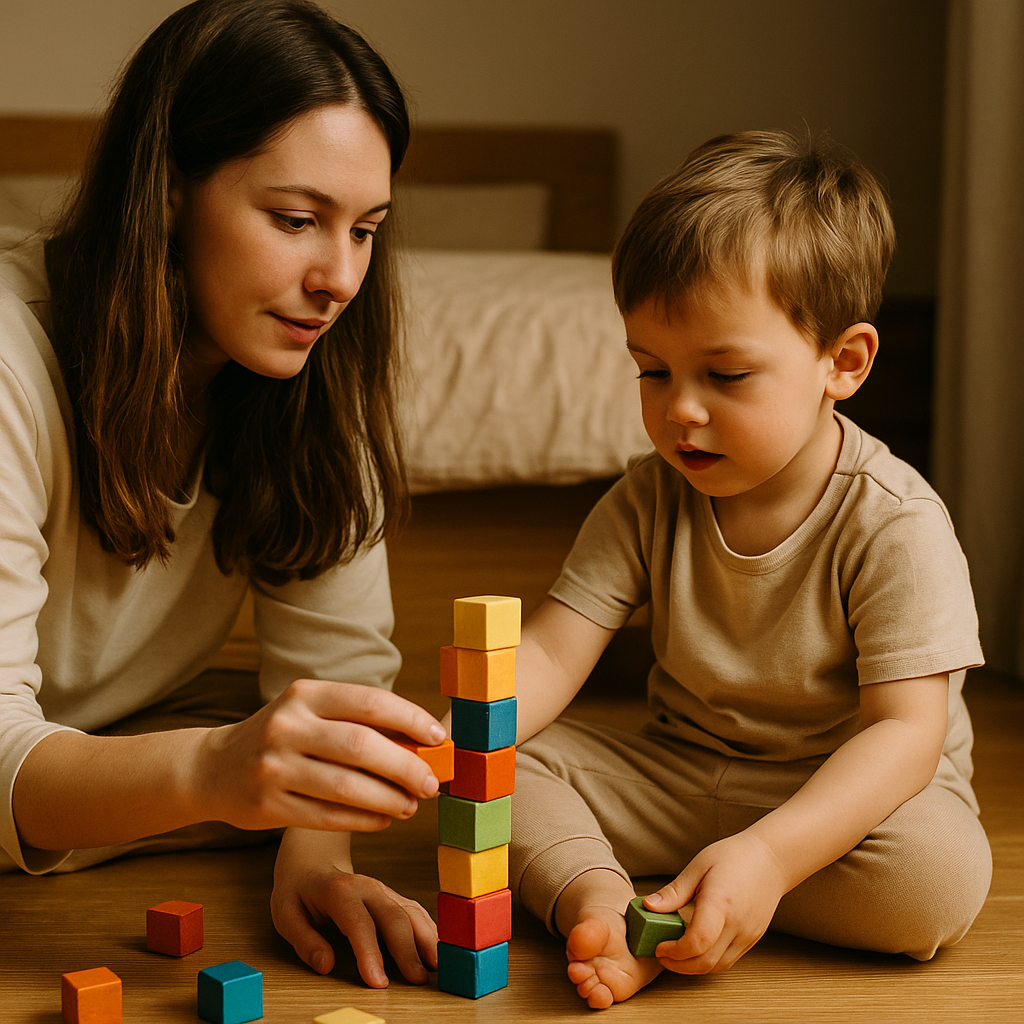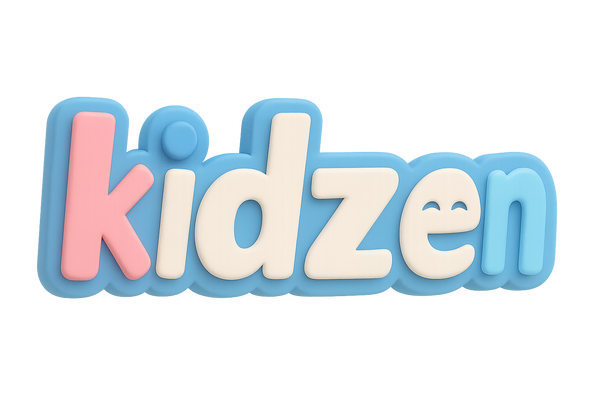
From Sunrise to Bedtime: Creating a Gentle Rhythm with Your Child
Share
– How Daily Playtime Rituals Build Calm and Connection
☀️ Morning snuggles. Afternoon giggles. Evening wind-downs.
In a world full of noise and rushing, children thrive on rhythm. A predictable daily flow doesn’t just make your day smoother—it gives your child a deep sense of emotional safety.
And the secret ingredient to that rhythm? Simple, intentional play moments.
🧠 Why Rhythm Matters for Young Children
Children’s brains develop rapidly—and that growth is nurtured by secure, consistent environments. According to research, predictable routines help children regulate emotions, build executive functioning, and reduce anxiety (Ferretti & Bub, 2017).
“Young children benefit most from routines that include both structure and warm interaction.”
— National Association for the Education of Young Children (NAEYC)
A rhythm isn’t about strict schedules. It’s about creating repeating, meaningful patterns: like playing a short game after breakfast, or reading before bed.
🧸 Our Daily Flow: Playtime Examples
Morning – Sunrise Sorting
Use wooden blocks or soft puzzles after breakfast. This sets a calm, focused tone for the day.
Midday – Creative Burst
Let your child lead with open-ended play like pretend cooking or dressing dolls. Even 15–20 minutes helps build autonomy.
Evening – Wind-Down Wonders
Turn down the lights, bring out soothing toys (like plush animals), and create a “quiet corner.” Add a book or lullaby for sleep cues.
🫶 Tips to Build Your Own Play Rhythm
-
Repeat simple playtimes daily: Kids love knowing what comes next
-
Add small rituals: “Let’s do 3 jumps before lunch!”
-
Balance movement and stillness: Dance time, then reading time
-
Don’t over-plan: Flow > schedule
-
Join them when you can: A few minutes of full attention = gold
💛 What Parents Say
“Our bedtime puzzle became the anchor of our evenings. He now reminds me if we forget it!”
– Kidzen Parent
“Knowing that play happens after breakfast helps her settle into the day. It’s like a calm switch flips.”
🧠 Reference
Ferretti, L. K., & Bub, K. L. (2017). The benefits of structured routines for preschoolers: Associations with behavior and sleep. Early Childhood Research Quarterly.
